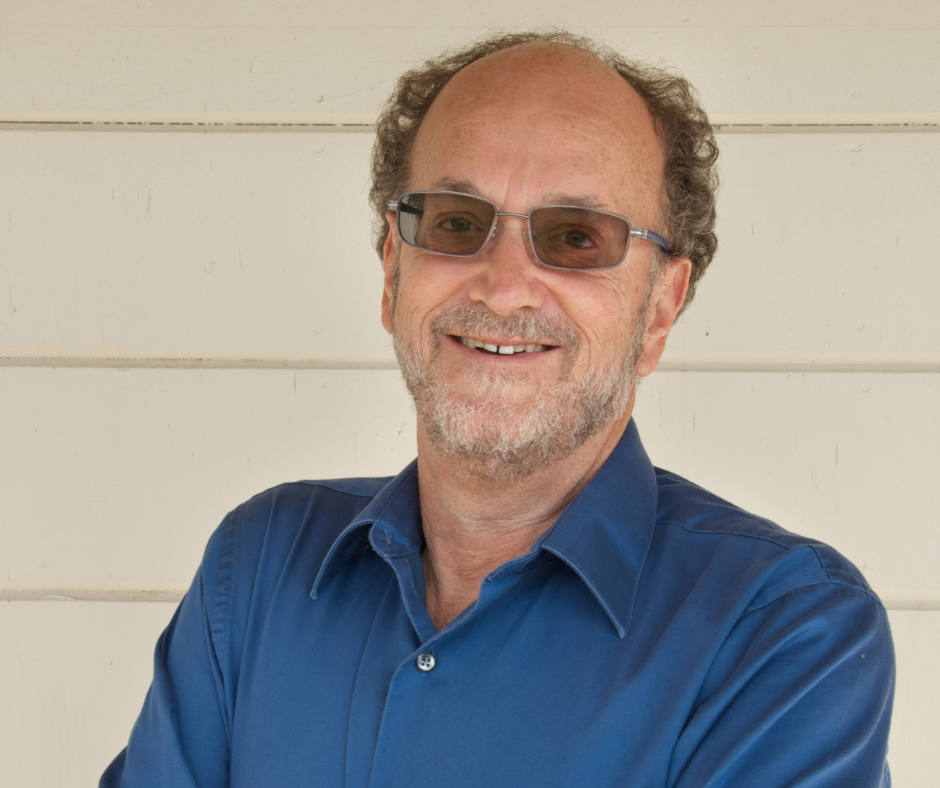A D’var Torah by Rabbi Allan Berkowitz for Parshat Bereshit
With the wonderful scent of warm challah wafting, who could blame us for missing the Hebrew grammatical problem that Friday night Kiddush presents? And yet, there it is: a beacon of puzzlement signaling for attention.
The opening chapters of Genesis reveal the daily accounting of flora, fauna, earthly, and heavenly creations. And then it is time for Shabbat. The Torah offers these familiar words, which our tradition has appropriated for Friday night Kiddush:
The heaven and the earth were finished, and all their array. On the seventh day God finished the work that had been undertaken: God rested on the seventh day from doing any of the work. And God blessed the seventh day and declared it holy — and ceased from all the work of creation that God created to do.
That last verse, Genesis 2:3, is the problem at hand. Both in Hebrew — asher bara Elohim la’asot — and in English — “that God created to do” — the verse ends with the infinitive verb “to do.” The problem is that in both Hebrew and English we don’t typically end sentences with infinitives. While this might be cast aside as the domain of grammar geeks, this is Torah we’re talking about, and any anomaly is grounds for meaning-making by our commentators. In this case, the world depends upon it.
Sign up to receive (M)oral Torah in your inbox each week.
The 18th century Italian commentator Moshe Chaim Luzzato offers us this insight. In his introduction to the Kabbalah (Kalach Pitchei Chokhmah 61:13), Luzzato teaches:
It is therefore obvious that the original creation still needed to be completed. This is the meaning of ‘…that God created to do’ (Genesis 2:3). God started in order that the work should be completed by humankind.
Moshe Chaim Luzzato is teaching us that God intentionally left creation unfinished and desires that humankind take up the task. We humans were not only created during that first week, we were inaugurated, elevated, and tasked to be God’s partners in creation. God started the sentence — “that God created to do” — but we are meant to finish it.
By leaving the verse unfinished — “And God blessed the seventh day and declared it holy; and ceased from all the work of creation that God created to do” — the Torah begs another question: To do what? How we answer that question is where we figure out what it means to be God’s partner in creation.
Wherever there is imperfection in our world — people suffering, an ecosystem in distress, systemic injustice — there are unfinished spaces that call on us in our role as God’s partners.
God created humankind: wonderfully complex humans who are sometimes given to anger, love, hurt, pain, and moral disregard. When we step into a space to soothe pain, honor love, work through anger, or shine a light on moral silence, we are God’s partners in finishing the sentence.
Find more commentaries on Parshat Bereshit.
Life can be daunting, cold, and lonely at times. If we lessen the burdens of someone who is lonely, we are God’s partners in finishing the sentence.
If we see injustice and make it our business to fight to change it, we are God’s partners in finishing the sentence.
If the earth itself cries out for cleansing, respectful use, not overuse; if the planet calls us to hear its cries and we answer that call, then we are God’s partners in finishing the sentence.
Here we are at the very beginning of a new year. We are setting out to renew our relationships with others, the world, and ourselves. In this new year, each Friday night we will once again confront the unfinished verse of Kiddush with its unusual grammatical form. At that moment, perhaps our weekly ritual can include asking ourselves, “How did I finish the sentence this week? How was I God’s partner in finishing creation?” If we do so, our recitation of Kiddush will not only sanctify our Shabbat, it will sanctify the partnership we have with God. And after all, that is what we were created to do.
Rabbi Allan Berkowitz is the Chief Operating Officer of Faith In Action East Bay, a social justice nonprofit located in the San Francisco Bay Area that organizes faith communities to join together to pursue systemic change rooted in justice. Allan lives in San Jose, California.


